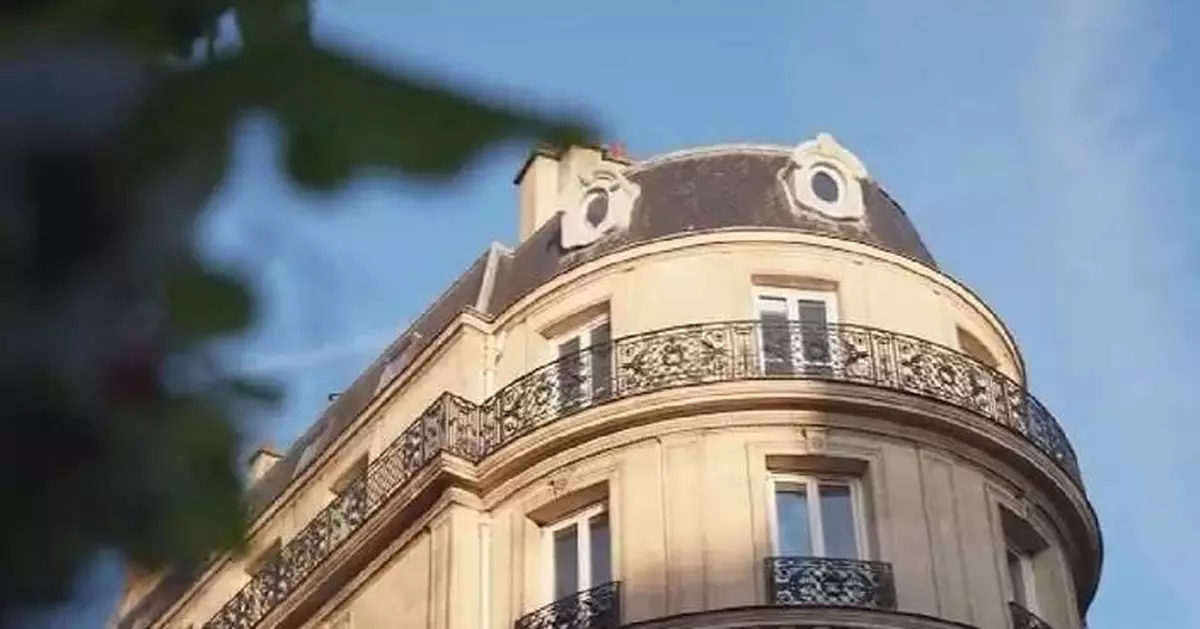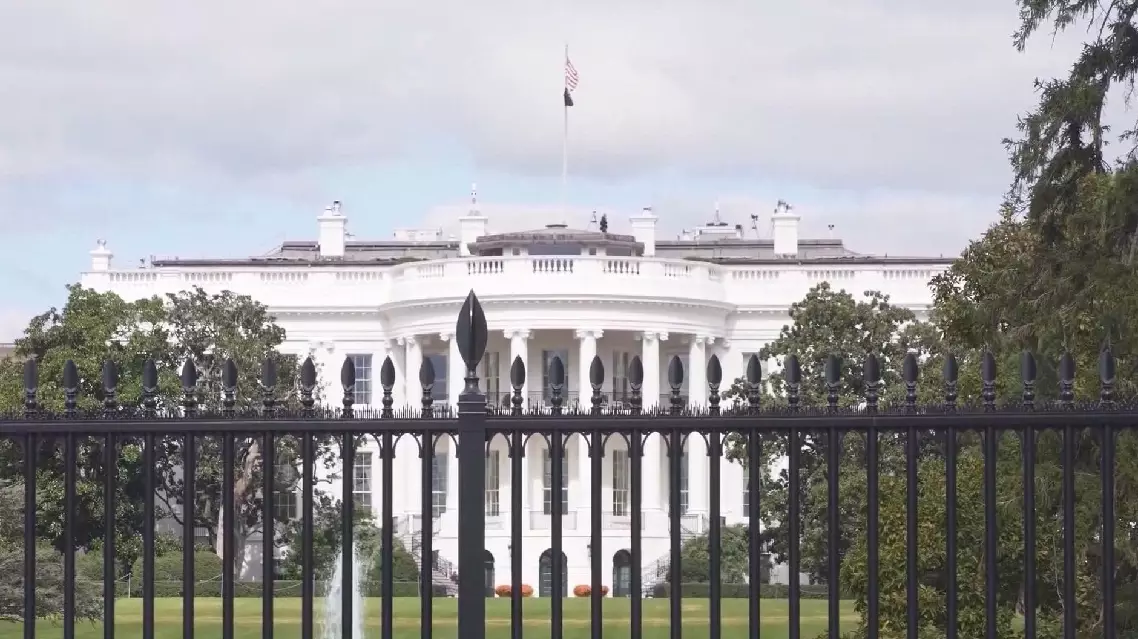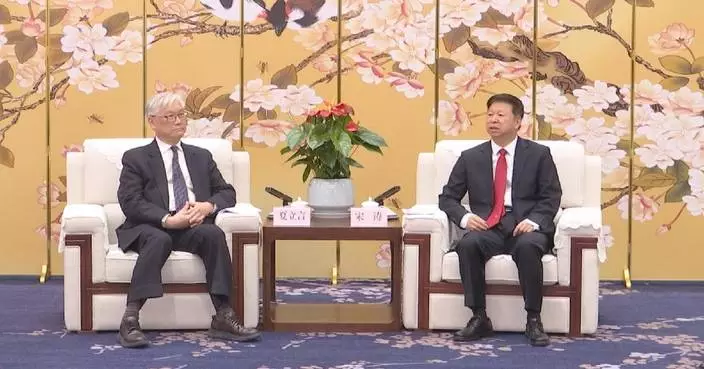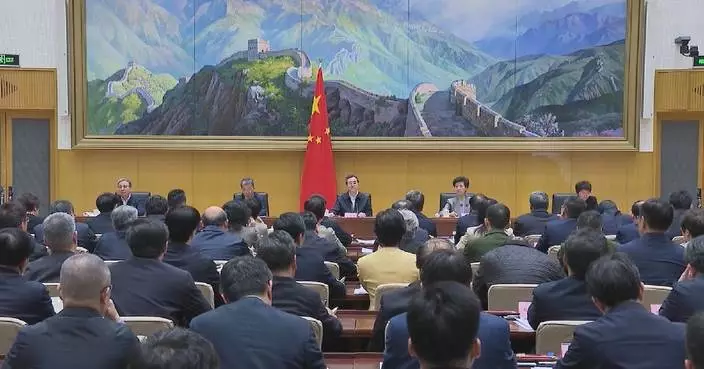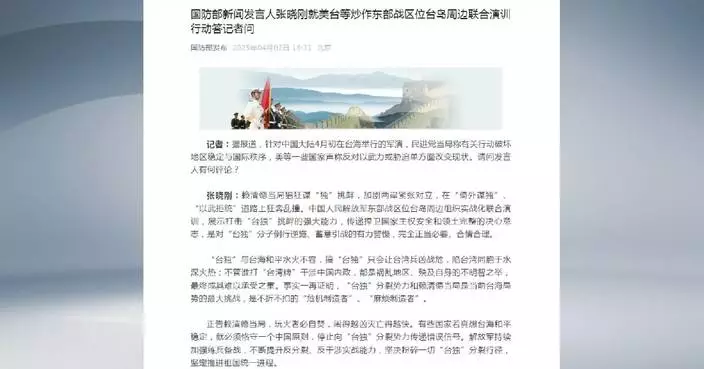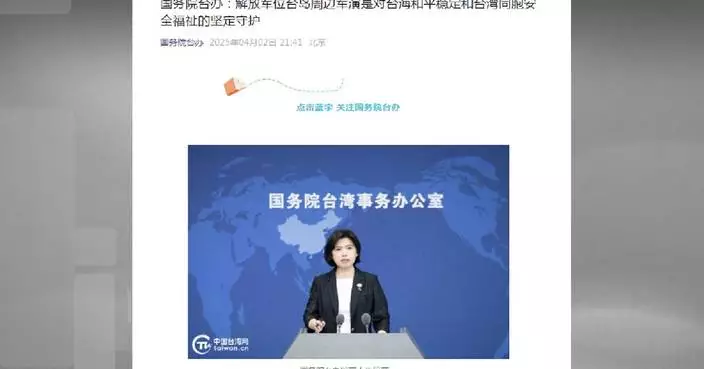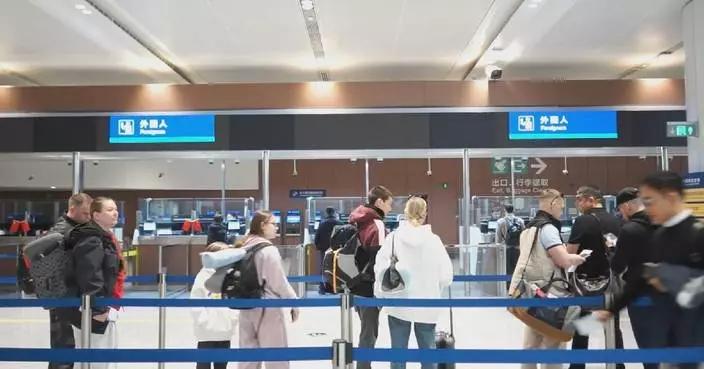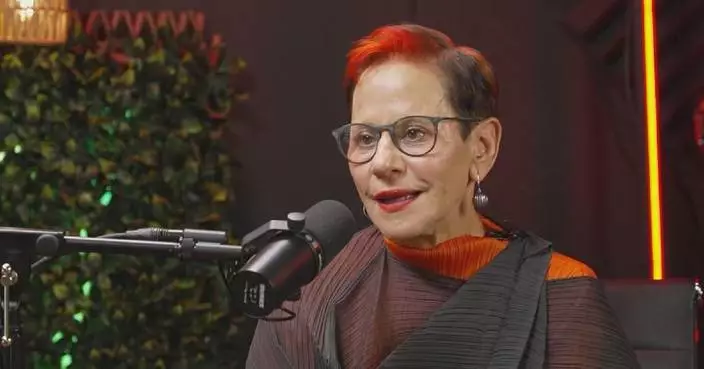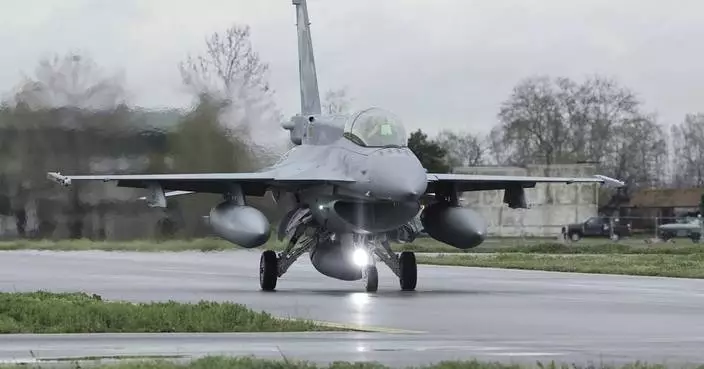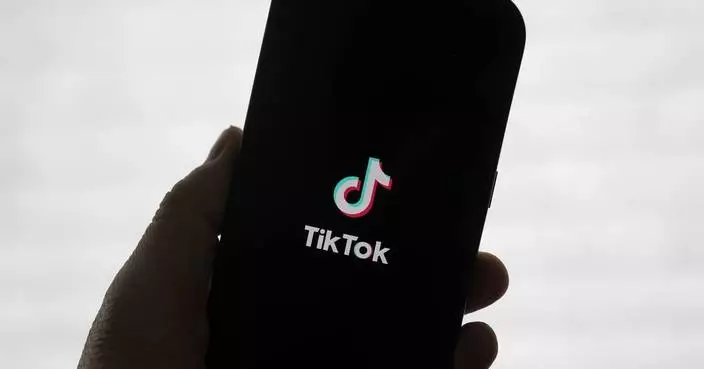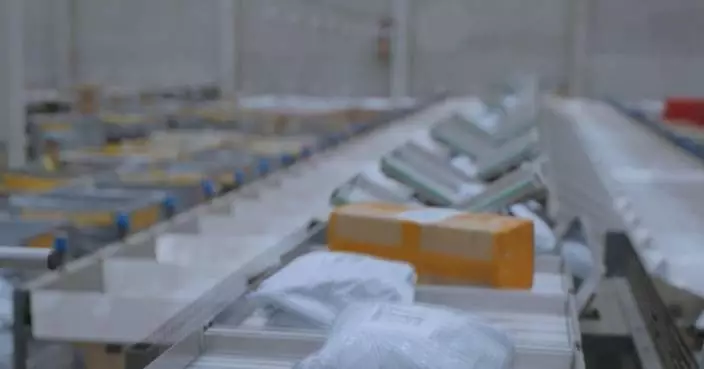The Paris 2024 Olympic Games, which will begin on Friday, have seen close ties between the historic city and China, from stadium facilities to cultural and people-to-people exchanges.
Chinese elements can be seen upon arrival in the French capital, as Chinese language appears on signs and advertisements at Charles de Gaulle airport.
France is one of the first countries in Europe to introduce Chinese into the national education system and set up a national curriculum. As soon as the reporters from China stepped out of the exit lane, they were greeted by airport staff members speaking Chinese, "Hello! Go, China!" . At the official souvenir shop in the International Broadcast Center, most of the merchandise, including key chains, wristbands and the mascot "Phryge," have "Made in China" on their labels. According to the Organizing Committee, 80 percent of the mascots are made in China.
Chinese companies also made the beanbag chairs in the dormitories, table tennis balls, and weightlifting barbells.
In the wrestling stadium, the mats for wrestling and judo are manufactured by Taishan Sport in east China's Shandong Province. Each of the mats contains more than 2,100 microchips that can collect information about the trajectory, force and frequency of the athletes' movements based on the deformation they made on the mats. The layers in mat surface are also quick-drying and antibacterial.
The ping pong tables used at the Paris Olympics, manufactured by DHS Sport in Shanghai, have variable lights that can be controlled remotely. They glow at match intervals to create a fancy atmosphere.
Outside of sports stadiums, it is not difficult to find a Chinese restaurant on the streets of Paris. Chinese restaurants with different regional characteristics can be seen on mobile applications. A three-minute walk from the city's landmark, the Arch of Triumph, is a Sichuan-style noodle restaurant.
Many Parisians have ties to China, learning the language or having life experience in the country. Max, a pancake vendor near the Arch of Triumph, said he was one of those people.
"I learned Chinese in college, because China is a big country. China is very important, so I need to learn Chinese for business purposes. China and France have given a lot to each other, especially in the areas of trade and politics. I went to China this year. I lived there for six months in China," he said.
In the subway, reporters met with a couple who lived in China for eight years. Their children were born in China.
"I love China. I love Chinese food," said the wife Lea in Chinese.
The connection with China is deep. They use Weixin even now in France and their children are fans of Chinese athletes.
"Our children are born in China, so when they see international competitions on TV, they see Chinese athletes, they get very excited. They say, 'Go, China!' They cheer for them," she said.
Paris is also a popular destination for Chinese travelers and settlers. The Greater Paris area received 50.3 million Chinese tourists in 2019, before the pandemic.
Zhang Bo, a Chinese man who has been living in Paris for 25 years, is volunteering for the Olympics. Familiar with local transportation, he said Metro Line One might be the most important line during the Olympics, as it connects many competition venues.
"Line One is the oldest metro line in France. It has a history of more than 120 years," he said.
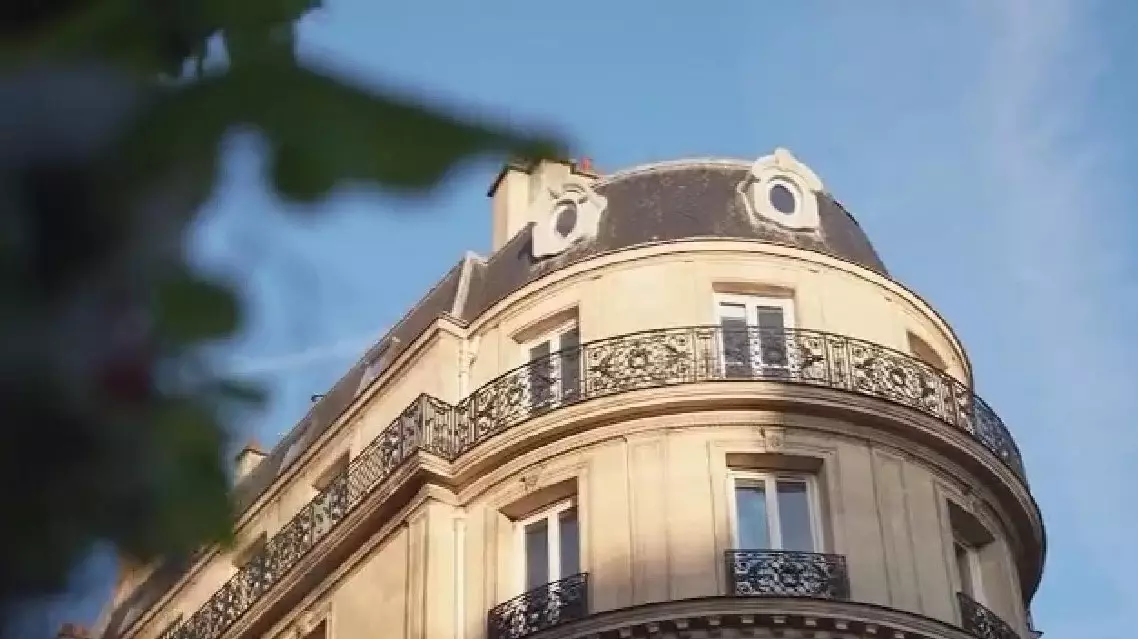
Paris Olympics sees city’s closer ties with China


